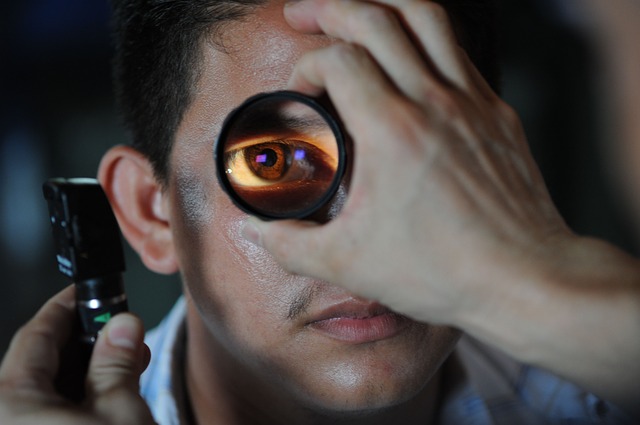Most of us understand the importance of looking after our vision and staying on top of any problems that you might have, but there is often a certain level of confusion over how often you should arrange to get your eyes tested.
There are numerous procedures that you can have to improve and protect your vision, such as lens replacement surgery, but all of these actions are often underpinned by a regular examination of your eyes, to see what is going on and if an issue needs further action. Learn more about the procedures and cost of various treatments.
Frequency of examinations varies according to age and condition
There are some general guidelines in relation to how often you should get your eyes tested, which is largely based on your age in the first instance.
Up until you reach your 40th birthday, it should be fine in most cases to book an appointment for an eye test every two to four years. The frequency should be more like one to three years between the ages of 40 and 54, increasing to one exam every 12-24 months when you are aged between 55 to 64.
Once you get to 65, it is generally recommended that you have an eye test every six to twelve months.
The reason for these specific timeframes is that a regular examination of your eyes will help to protect your vision from damage due to early detection of any potential problems such as glaucoma.
If you are flagged as someone with high-risk factors, it may be suggested that you arrange an eye exam more frequently than the recommended guidelines.
Plenty to learn from an eye test
One of the reasons why a number of people tend to leave longer gaps between eye tests than advised, is the fact that it is quite often the case that your eyes won’t be hurting you, even when something is wrong.
A sight test is absolutely vital in order to protect your vision, as it is often the only way to identify any early signs of disease or a condition that needs further treatment, many of which can be treated with early detection.
There is often plenty to learn from having an eye test and because you don’t often display any physical symptoms in the early stages of an eye disease, it is the reason why you need to keep up with the suggested appointment timeframe.
A sight test could identify other health issues such as diabetes, and the sooner you discover an issue with macular degeneration or glaucoma, the better it will be in terms of getting treatment for a particular condition.
Getting an optical statement or prescription
The way a sight test is carried out is governed by current laws, so you can be sure that a qualified professional will cover all aspects of your eye health during the examination.
At the end of the sight test, you will be advised if your sight needs correcting and if there are any concerns that require further investigation.
You will be give an optical statement or prescription after the sight test, which confirms what you have been told and provides details of any optical aids you might need.
In answer to the question of how often you need to get your eyes tested, it is advisable to follow the guidelines according to your age and attend more frequently, if recommended to do so.
Owen Stevenson has a job as a dispensing optician. He writes articles about choosing frames, pros and cons of glasses over contact lenses and general eyesight articles which appear on health as well as lifestyle blogs.










Speak Your Mind